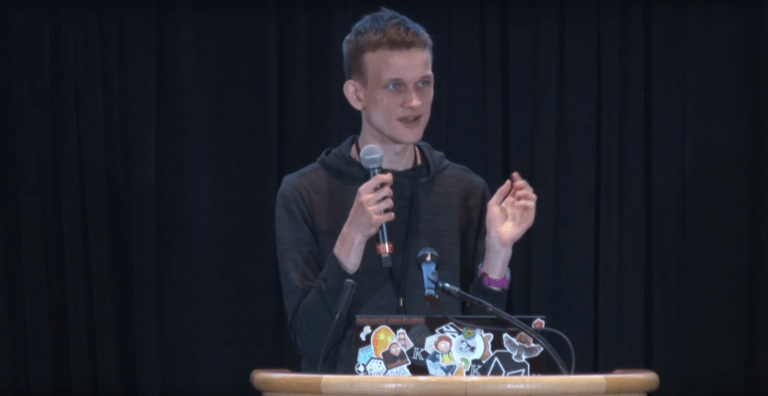Ethereum’s co-founder, Vitalik Buterin, recently expressed his perspective on Sam Bankman-Fried (aka “SBF”), the former CEO of now-defunct exchange FTX, and the crypto community’s initial skepticism toward him.
According to a report by Decrypt, in episode 5 of The Aarthi and Sriram Show, Buterin revealed that despite Bankman-Fried’s prominence in mainstream media, many within the crypto space had reservations about him from the outset.
Buterin highlighted that a significant portion of the crypto community felt Bankman-Fried lacked a clear vision for the value of cryptocurrency technology. Instead, he seemed to view crypto primarily as a business opportunity to capitalize on. This perspective contrasted sharply with the foundational values of decentralization and the cypherpunk ethos that underpin projects like Bitcoin and Ethereum. Buterin emphasized that this might have been a primary reason for the existing mistrust towards Bankman-Fried.
On a different note, Buterin also commented on the advancements in artificial intelligence, particularly systems like ChatGPT. He expressed a positive outlook on AI’s potential to enhance human creativity rather than merely replace human roles. Buterin believes that, at its current stage, AI is more about empowering individuals than replacing them. He envisions a future where AI tools could enable individual creators to produce films and other artistic endeavors without the hefty costs associated with traditional Hollywood productions.
Buterin’s vision for AI in the entertainment industry is one where the cost of creating a movie could drastically reduce, allowing a single individual, armed with creativity and an AI platform to produce cinematic content. He sees this as an opportunity to move away from repetitive and overdone storylines, like the numerous remixes in popular culture, and shift towards unique narratives that reflect diverse values.
Furthermore, Buterin regards the transition from human intelligence to superhuman AI as one of the most pivotal shifts in the history of our planet, likening its significance to only a few other monumental transitions in Earth’s history. However, he also acknowledged advanced AI’s challenges and potential risks. While he sees the need for research and possibly some targeted regulation, he cautioned against broad restrictions that could stifle innovation.









